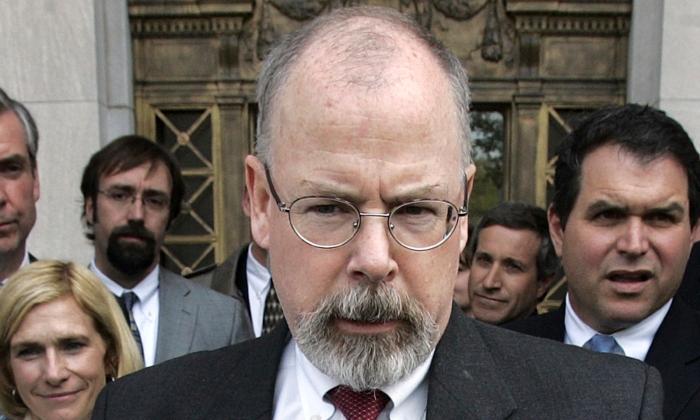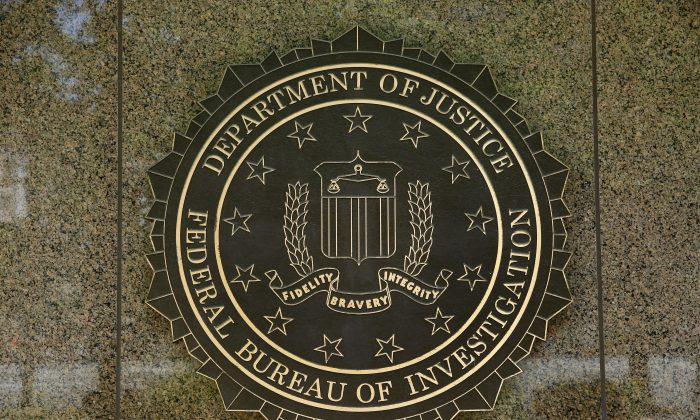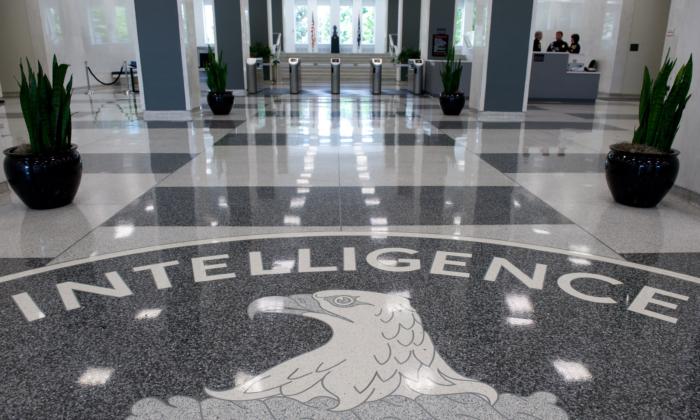- The Mueller special counsel’s files located inside the Washington U.S. attorney’s office, and
- FBI headquarters
It must be remembered that the Mueller special counsel prosecuted more than 30 people and that the FBI’s Crossfire Hurricane investigation had multiple targets besides Flynn.
The Crossfire/Mueller teams targeted not only Flynn, but also Carter Page, George Papadopoulos, Paul Manafort, Roger Stone, and more than a dozen others.
Given the fact that the Crossfire/Mueller teams have been found hiding exculpatory evidence in the Flynn case, the question that naturally arises is what else were these same prosecutors and bureaucrats hiding in the other cases they were handling? Did they only hide exculpatory evidence in the Flynn case, but handled every other case they prosecuted like boy scouts?
What else did Jensen find inside the Mueller special counsel’s office and the FBI’s Crossfire Hurricane files that he didn’t hand to Powell? Jensen would only give to Powell documents related to the Flynn case. If he found evidence of corruption in the handling of cases against other people besides Flynn, who would Jensen have given those documents to?
He would have given them to special counsel John Durham.
Was Rosenstein Running Parallel Investigations?
Because we now know that Durham was already on the job in April 2017, seeking interviews (pdf) with key Spygate plotters such as Peter Strzok, the lead agent in the Crossfire Hurricane probe, the question of who it was that tapped Durham to investigate arises.If Jeff Sessions was truly recused as attorney general beginning on March 2, 2017, from all 2016 election-related investigations at the DOJ, then someone else had to be overseeing Durham’s investigation from the time it began in April 2017.
And the most likely candidate for being that someone else is going to surprise a lot of people, because it is former Deputy Attorney General Rod Rosenstein.
Which would mean that for 22 months, Rosenstein was running parallel investigations side by side, one very public and one very secret.
The Mueller special counsel’s office investigation of a sitting president for alleged Russian collusion and possible obstruction of justice was inundated with intense media coverage from its inception. There were frequent anonymous leaks from inside and surrounding the special counsel’s office, many of which turned out to be false.
Meanwhile, during this same time, the Durham investigation proceeded quietly, out of sight and out of mind. There was no media attention, intense or otherwise, because no one knew about Durham at all.
Neither Rosenstein nor any of the people that Durham brought in for interviews in a two-year period leaked his name to the news media.
Ponder that for a minute.
For a two-year period, as media pundits were angrily calling for a Spygate investigation, Durham was already quietly on the job. Neither Sessions nor Rosenstein ever coughed up his name to placate anyone in response to intense media pressure.
Due to the transcript of interviews with former top FBI attorney James Baker, it was then assumed by many Spygate reporters and researchers, such as myself and Tracy Diaz of UncoverDC, that Durham must have begun his Spygate investigation sometime in 2018, before Baker’s House testimony in October of that year.
It’s now documented through evidence declassified through official channels that Durham began much earlier, in April 2017.
And now the once-very-secret Durham investigation has morphed into a very public special counsel with a wide scope that explicitly includes the special counsel office run by Robert Mueller.
Many of the popular media narratives that circulate about Spygate are based on incomplete information. When new information surfaces, the old narratives must be reexamined.
That includes the popular media narratives about Durham, Rosenstein, and Sessions.





Friends Read Free